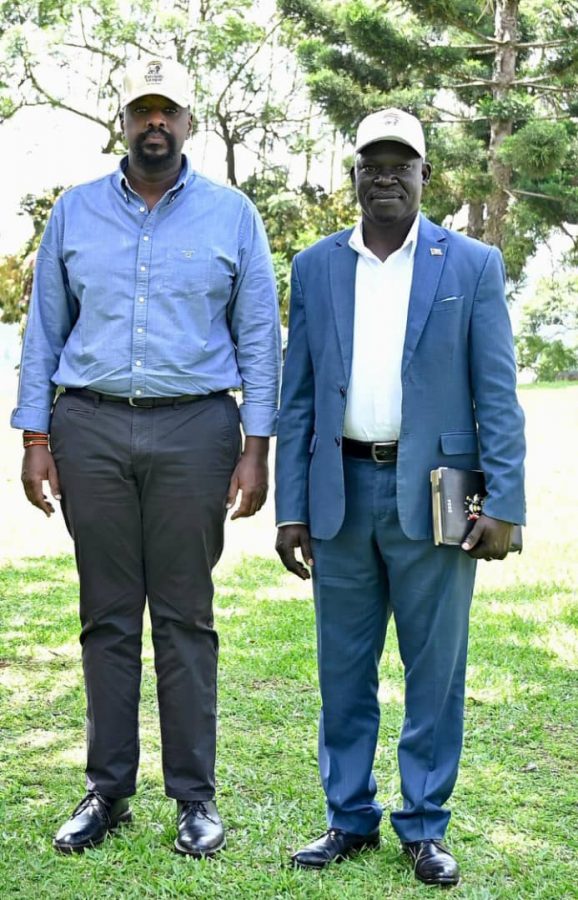
Gulu University trains students on low-cost mushroom production
August 17, 2022
Swear: WENRECo, Electromaxx officials sweat before MPs over power outages in West Nile
August 17, 2022By James Onono Ojok
The study samples of seed grains for sorghum, maize, millet conducted for almost over 4 years in over 10 districts including Acholi and Lango sub region indicated 90% trace of mycotoxin in the food grains meaning contamination for human health.
This was revealed by Associate Professor Echodu Richard on the 12 th August 2022 from Faculty of Agriculture and Environment boardroom during a one-day workshop with the theme ‘Holistic Approach to Combate Mycotoxin in Northern Uganda’
He added that the over 4-year project, a partnership between Gulu University and Ghent University in Belgium with support from VLIR-UOS, a Belgium government development partner started in late 2018 and brought them closer to farmers in most of the districts in Acholi and Lango until COVID19 interrupted in 2020.
According to Echodu, the most affected crops were sorghum and maize meanwhile there was less contamination of millet compared to the two food crops.
“Today the partnership is coming to a close but I know that through our partners we would forge another way of ensuring we take this project further in another dimension to continue supporting food security and food safety in Northern Uganda “Echodo said.
Professor Geert Haesaert of Ghent University broke down the fungi that causes mycotoxin and alerted farmers in northern Uganda to practice crop rotation, intercropping with different types of crops and having great care during post-harvest and pre-harvest to enable quality and avoid the Contamination of food.
“I will do my best to ensure this partnership continues in another dimension, I would of course write another project so that we could be in position to consolidate this achievement”. Professor Geert Promised.
The research findings also revealed that mycotoxin is responsible for cancer infection and causes rejection of food items in the market as another serious financial implication imposed on the farmers.
Associate Professor Okello David Owiny the Deputy Vice Chancellor said the University would ensure the team develop a policy brief so that it is presented to the members of parliament to support government draft policy and take the issues of mycotoxin seriously to support food security and safety in the entire country.
“We have to be serious in the issues of dissemination and we must ensure the farmers and the community gets this report and understands it”. He said.
The workshop brought in district agricultural officers from the affected districts and researchers of Gulu University at different levels.
The 4 years engagement took place in the districts of Lamwo, Lira, Gulu, Pader, Oyam, Kole and Kitgum, among others.









